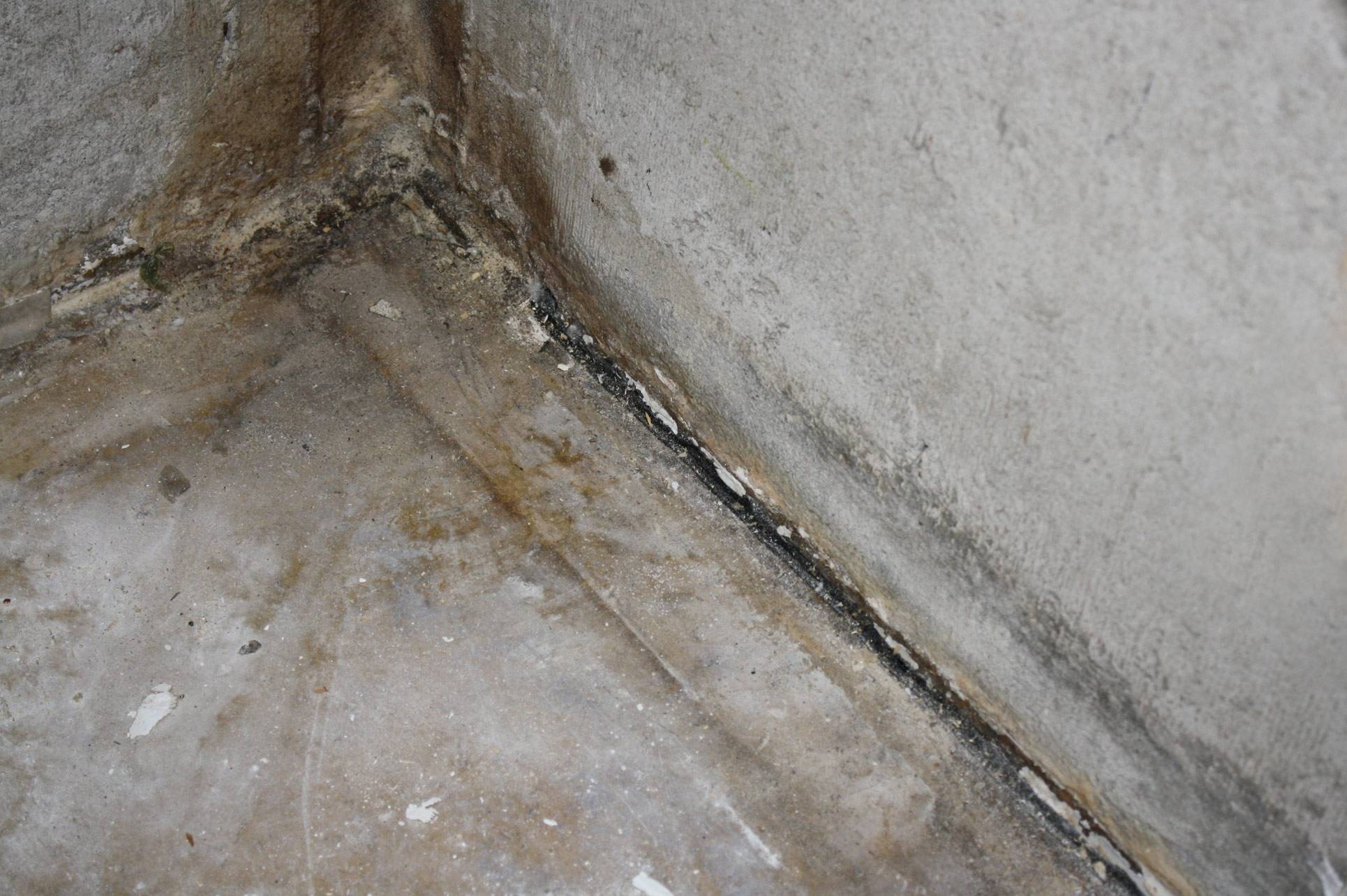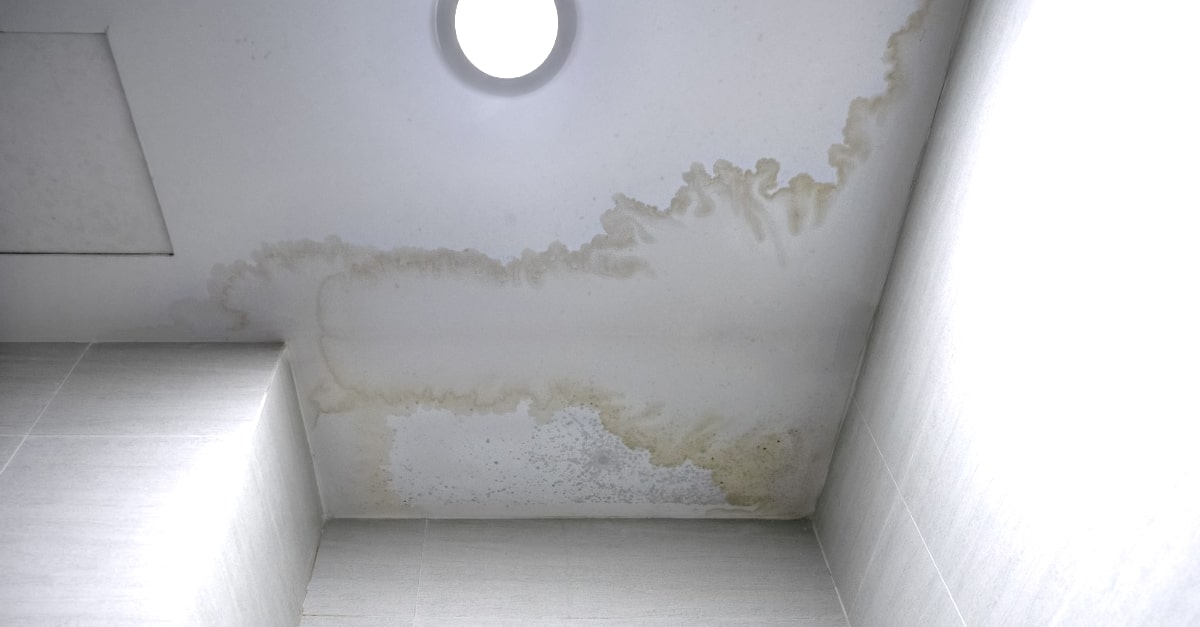Your Residential Most Frequent Water Leak Causes: Investigation
Your Residential Most Frequent Water Leak Causes: Investigation
Blog Article
Are you currently trying to locate help and advice on How Fast Water Damage Can Ruin Your Home?

Leaks not just cause waste of water but can also cause unneeded damages to your home and advertise unwanted organic development. Regrettably, water leakages could go undetected considering that the majority of the pipework in our home is hidden. By looking and also recognizing for everyday scenarios that trigger leakages, you can secure your home from future leaks as well as unnecessary damages. Today, we will look at six leak creates that might be causing your pipes to leak.
Instantaneous temperature level modifications.
Severe temperature level modifications in our pipelines can cause them to increase and also acquire suddenly. This growth and tightening might trigger cracks in the pipes, especially if the temperature are listed below freezing.
Corroded water supply
As time passes by, your plumbing system ages as well as rust such as corrosion might begin eating away the pipelines. This might be the root cause of discoloration or bending on your pipes. This requires an inspection with your plumber promptly. Take into consideration replacing the pipes because they are at a greater risk of deterioration than the more recent designs if our plumbing system is old.
Faulty Pipeline Joints
The factor at which your pipelines connect is regularly the weakest web link in the waterline. Pipe joints can degrade in time, causing water leakages. The majority of pipeline joints are not easily visible. If you have noisy pipelines that make ticking or banging sounds, particularly when the hot water is switched on, your pipeline joints are most likely under a lot of stress. It is a good idea to have your plumber check your system once a year.
Intruding origins
Most water leaks begin outside your home instead of inside it. If you observe a sudden decline in water pressure, claim in your faucet, require time to go out as well as examine your lawn. You may observe wet patches or sinkholes in your lawn, and that might suggest that tree origins are getting into water lines triggering water to seep out. You can have your plumber check for invasion, particularly if you have trees or hedges near your residential or commercial property.
Poor Water Connectors
At times, a leakage can be caused by loosened hoses and pipelines that provide your devices. In situation of a water connections leakage, you might discover water running straight from the supply line or puddles around your appliances.
Blocked Drains
Obstructed drains pipes could be annoying and also inconveniencing, however they can in some cases wind up causing an overflow resulting in break pipelines. Keep getting rid of any materials that might decrease your drains pipes that could clog them to prevent such troubles.
All the above are root causes of leakages however not all water leaks arise from plumbing leakages; some leaks might come from roofing leaks. All leaks must be fixed right away to stay clear of water damages.
Leakages not just trigger waste of water but can also cause unnecessary damages to your house as well as advertise unwanted organic development. By recognizing and looking for day-to-day situations that trigger leaks, you can safeguard your residence from future leakages as well as unnecessary damages. Today, we will look at 6 leak triggers that might be causing your pipelines to drip.
At times, a leakage can be created by loosened pipes and pipelines that supply your home appliances. In situation of a water connections leakage, you might see water running directly from the supply line or pools around your devices.
How To Check For Water Leak In Your Home
How To Check for Leaks
The average household's leaks can account for nearly 10,000 gallons of water wasted every year and ten percent of homes have leaks that waste 90 gallons or more per day. Common types of leaks found in the home are worn toilet flappers, dripping faucets, and other leaking valves. These types of leaks are often easy to fix, requiring only a few tools and hardware that can pay for themselves in water savings. Fixing easily corrected household water leaks can save homeowners about 10 percent on their water bills.
To check for leaks in your home, you first need to determine whether you're wasting water and then identify the source of the leak. Here are some tips for finding leaks:
Take a look at your water usage during a colder month, such as January or February. If a family of four exceeds 12,000 gallons per month, there are serious leaks.
Check your water meter before and after a two-hour period when no water is being used. If the meter changes at all, you probably have a leak.
Identify toilet leaks by placing a drop of food coloring in the toilet tank. If any color shows up in the bowl after 10 minutes, you have a leak. (Be sure to flush immediately after the experiment to avoid staining the tank.)
Examine faucet gaskets and pipe fittings for any water on the outside of the pipe to check for surface leaks.
Undetected water leaks can happen without the home or business owner even realizing. If you suspect a water leak, but not able to find the source. It is time to contact a professional water leak detection service, The Leak Doctor.
How To Find a Water Leak In Your Home
https://www.leakdoctor.com/blog/How-To-Check-For-Water-Leak-In-Your-Home_AE197.html

I found that piece about How to detect water leaks in your home when doing a search on the internet. Are you aware of another individual who is serious about the topic? Feel free to share it. I truly appreciate reading our article about Top Causes of Home Water Leaks.
Emergency plumbing? Choose the best. Report this page